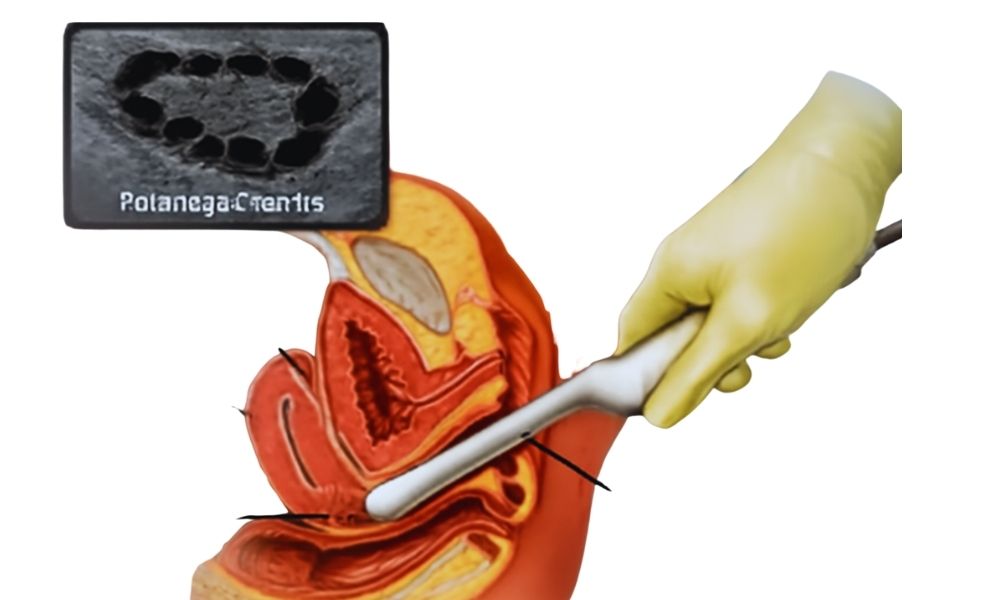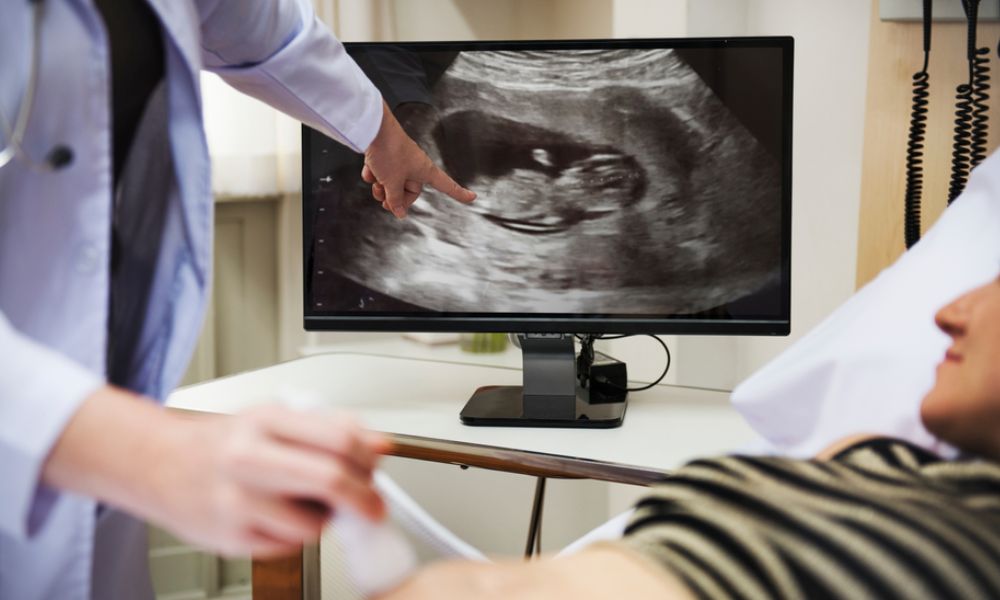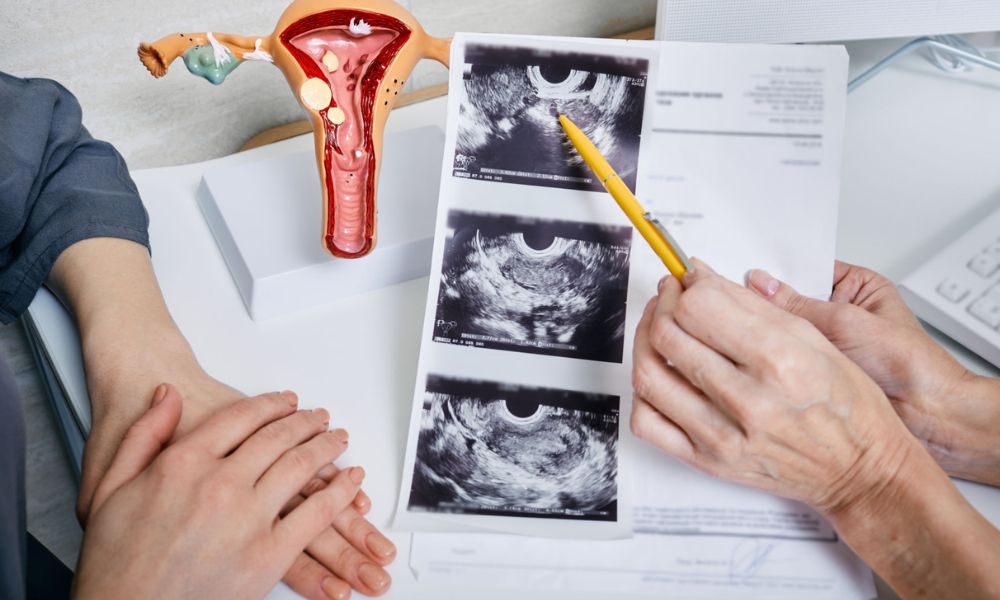A vital tool for evaluating ovulation and optimizing fertility treatment through precise monitoring of ovarian follicles.
A follicular study is an ultrasound procedure used to monitor the growth and development of follicles (fluid-filled sacs in the ovaries) during a woman’s menstrual cycle. The study helps track the ovulation process, providing important insights into fertility health. It’s typically used to assess the timing of ovulation and to guide fertility treatments such as IUI or IVF. By monitoring the size of the follicles and the endometrial lining, the follicular study helps determine the optimal time for conception or assisted reproductive interventions.

A follicular study plays a crucial role in understanding ovulation, which is key for couples trying to conceive. By closely tracking follicle development, it helps identify ovulation issues, optimizes the timing for conception, and assesses overall fertility health. Regular follicular monitoring ensures that the right time for conception is pinpointed, significantly improving the chances of pregnancy.

Follow-up ultrasounds are done to track the growth of the follicles. The follicle should grow to a size of 18–22mm to indicate readiness for ovulation.

The thickness of the uterine lining (endometrium) is also monitored, as a thick and healthy lining is necessary for embryo implantation.

Once a mature follicle is identified, ovulation is triggered either naturally or with medication, depending on the treatment plan.

The first ultrasound checks the size and number of follicles in the ovaries.

In some cases, the study includes synchronized insemination (IUI) to increase chances of conception after ovulation is triggered.

After ovulation, monitoring continues to ensure the follicle ruptures properly and the egg is released.
A follicular study is crucial for women trying to conceive as it ensures that the treatment plan is aligned with the most fertile time. By tracking follicle growth and assessing the uterine lining, it optimizes the conditions for conception. Early diagnosis of ovulation or follicular issues increases the chances of successful pregnancy with timely interventions.
The study provides clear insights into whether ovulation is occurring, which is vital for fertility planning.
It improves the timing of treatments like IUI and IVF, ensuring the best chances of success.
It can help detect underlying issues such as poor follicle development or problems with ovulation, which can be addressed early.
The procedure is safe, non-invasive, and relatively painless, with minimal discomfort.
A follicular study is essential in fertility care, helping track ovulation timing and follicle development. It enhances the effectiveness of treatments like IUI or IVF and guides precise medication adjustments for improved results.
Far far away, behind the word mountains, far from the countries Vokalia and Consonantia, there live the blind texts. Separated they live in Bookmarksgrove right at the coast
It helps determine the exact time of ovulation, which is crucial for timing intercourse or fertility procedures like IUI or IVF.
The study typically begins between days 8 to 10 of the menstrual cycle and continues every 1–2 days until ovulation is confirmed.
We're here to provide answers to any questions you have about our services, treatments, or fertility care. Your health and comfort are our top priority, and we're ready to guide you every step of the way.